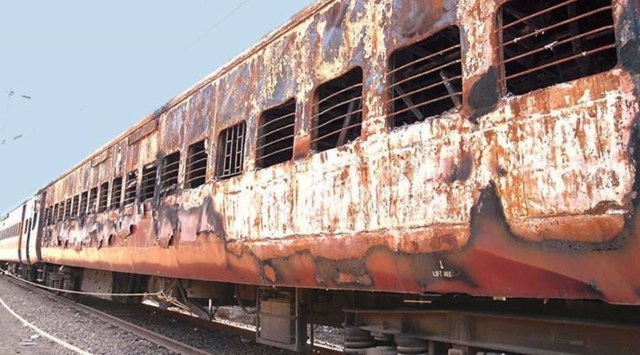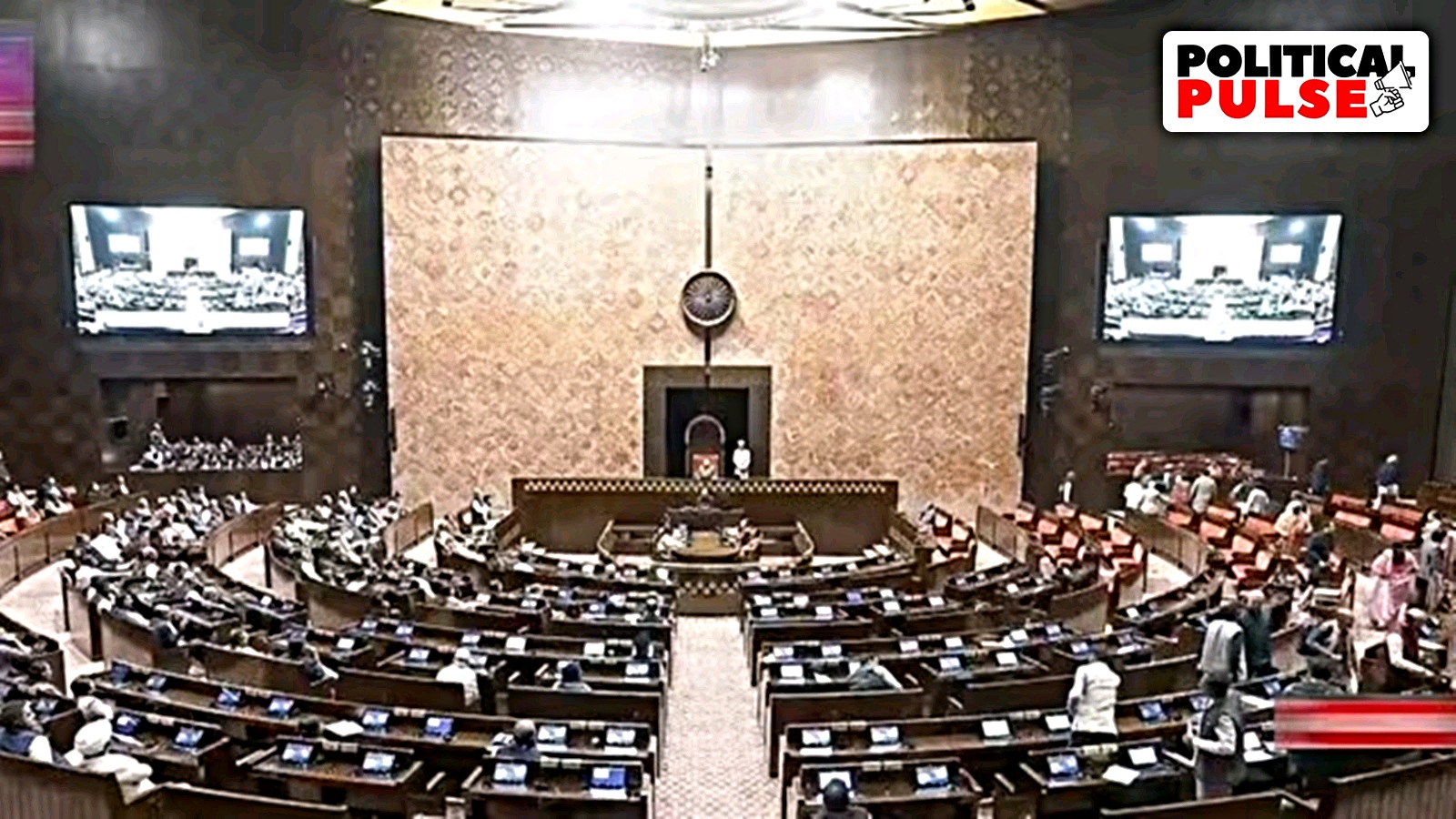
Describing the Godhra train burning incident on February 27, 2002 as a “rarest of rare case”, the Gujarat government informed the Supreme Court on Monday that they will seek the death penalty for the 11 convicts whose sentences were reduced to life imprisonment by the High Court.
A mob set fire to the S6 compartment of the Sabarmati Express train, resulting in the deaths of 59 individuals.
Solicitor General Tushar Mehta, representing the State, emphasized that the locked bogey contained 59 victims, including women and children, making it an extremely rare and severe case. He stated that they would strongly advocate for the death penalty for those whose sentences were commuted to life imprisonment.
Mehta explained that the first convict identified in the Test Identification Parade was throwing stones to prevent passengers from escaping, while the second convict had a clear role in the incident. The third convict was found with a deadly weapon, and the fourth was actively involved in planning the attack by purchasing, storing, and using petrol for burning.
Mehta highlighted that the trial court had sentenced 20 men to life imprisonment and 11 to death.
The Supreme Court granted interim bail to Abdul Rahman Dhantiya on medical grounds to care for his ill wife and mentally challenged daughters. Another convict, who had served 17 years in prison, was also granted bail.
When questioned about the convicts’ eligibility for release under the State’s premature release policy, Mehta clarified that they would not be eligible due to their charges under the Terrorist and Disruptive Activities (Prevention) Act, 1987.
Senior advocate K T S Tulsi mentioned that one of the convicts did not understand Gujarati and had unknowingly signed a statement with his thumbprint.
The court adjourned the hearing after numerous bail applications were submitted, requesting a detailed chart outlining each convict’s information.







